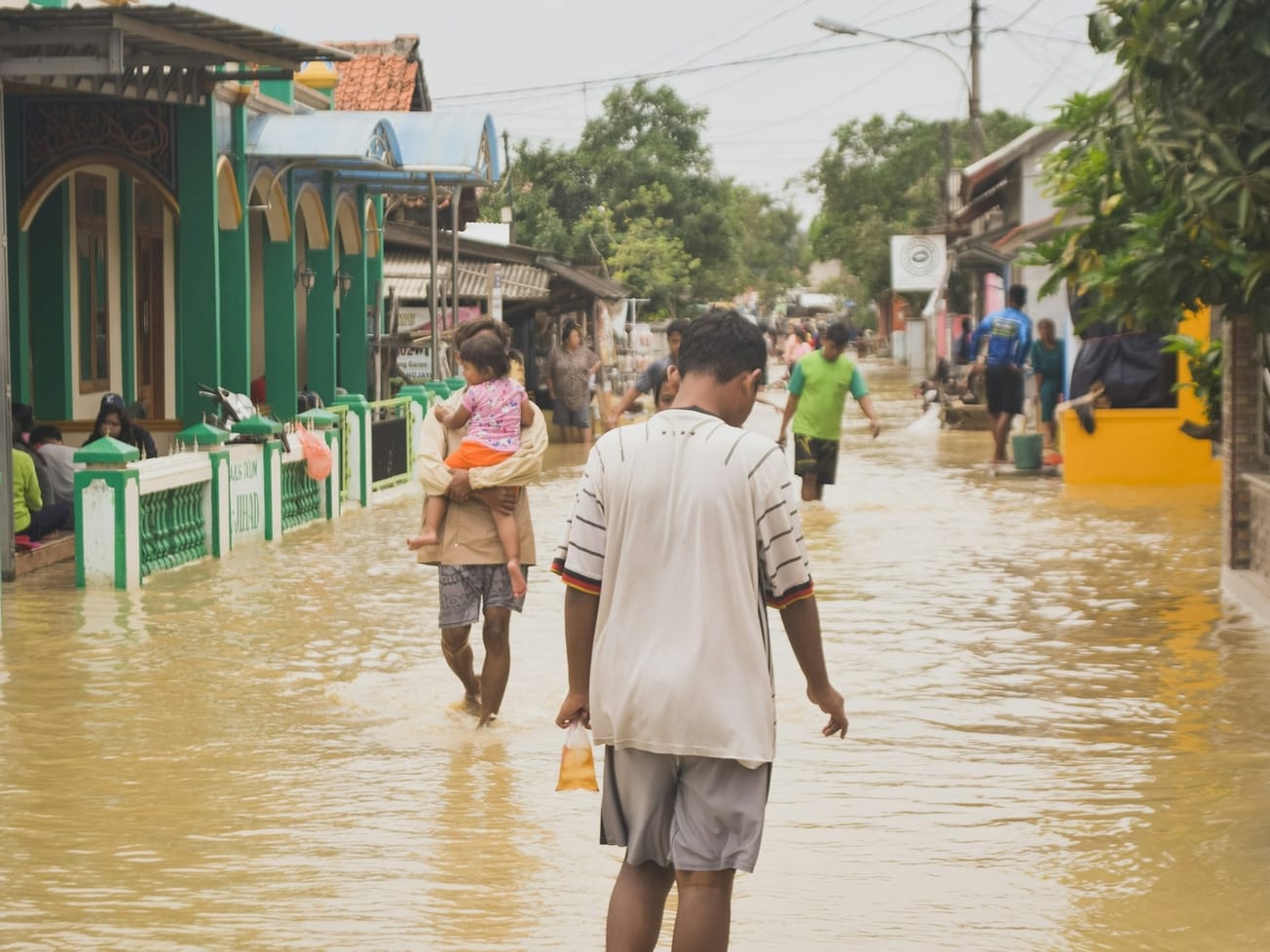INTERLAKEN, Switzerland (AN) — Many options exist to cut carbon pollution and adapt to human-caused climate change but action must start now, the U.N.'s panel of top climate experts said in a major new report.
The latest findings Monday from the United Nations' Nobel Prize-winning Intergovernmental Panel on Climate Change emphasize the world is running out of time to fufill the 2015 Paris Agreement's goal of preventing average global temperatures from rising more than 2° Celsius above pre-industrial levels, or 1.5° C. if possible.







